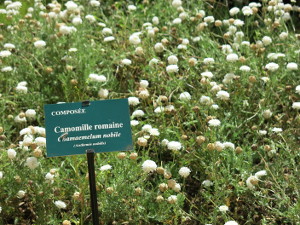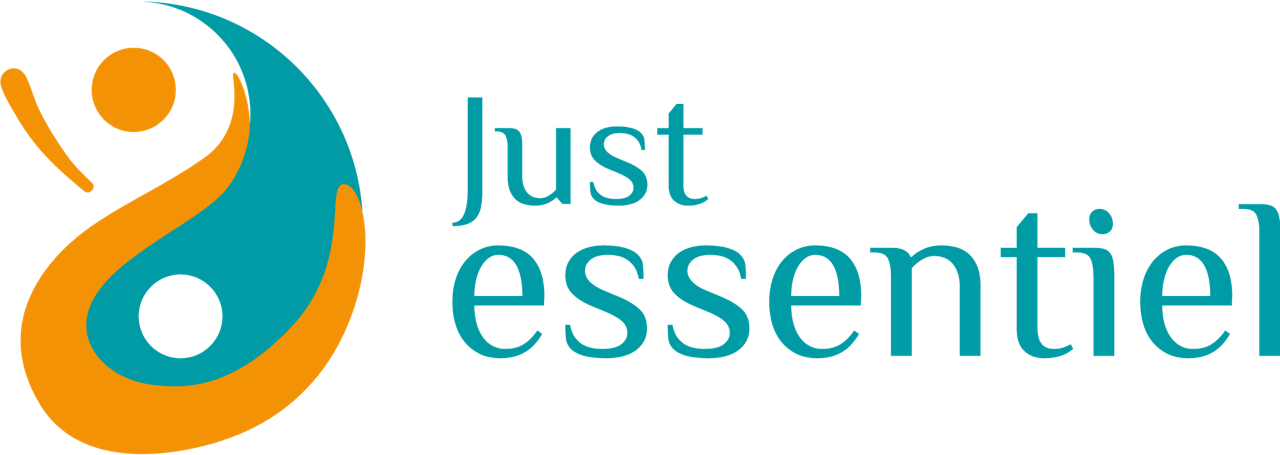Aromatherapy
Ancient natural treatmentsAROMATHERAPY, ESSENTIAL OILS:
what are they, what do you use them for, and practical information…
Unknown to the public treatments that boot your physical and psychological self-healing potential
Aromatherapy is about prescribing and making essential oils blends (in vegetable oil), and sometimes additionally prescribing hydrosols. These treatments are performed by aromatherapists (physicians) or by non-physicians trained on aromatherapy (aromatologists).
The aromatic molecules of essential oils have a beneficial effect on your physical and psychological health.
The fact of combining several different essential oils within a blend reinforces your self-healing potential, as each molecule has a specific action that acts in a complementary way combined with other molecules. In other words, essential oils diversity within a blend often reinforces the action of the oils, for better effects on your health.
10 good reasons to use them everyday
Essential oils have multiskilled properties to deal with physical and emotional issues. They:
- boost your immune system,
- restore or maintain your balance during transition periods (e.g. : seasonal changes) or difficult periods,
- treat common ailments (e.g. : colds, chills, skin issues, headaches, burns, insect bites, etc.),
- relieves emotional issues, without no risk of addiction (anxiety, stress, sleep disorders, feeling depressed…),
- acts on emotions in real time, through your limbic brain.
Last, but not least, essential oils have no side effect (1) :
- 100 % natural treatments: you treat the living with the living (without destroying life in the process)
- with no side effects
- … providing, of course, you respect dosages, how to take them, maximum frequency of use and contraindications – in case of doubt, please seek the advice of an aromatherapist or aromatologist).
Essential oils also deal with emotional issues
Smells are sent to our limbic brain (which we can consider as our emotional center), in real time (for better and worse!).
Through their different molecules, essential oils have an immediate effect on your emotions, and therefore act on sleep disorders, anxiety, depression, fears, stress… I have already seen people burst into tears just after opening and smelling an essential oils bottle, because that essential oil had released an emotion.
Each essential oil has its own personality based on the story of the plant, on its climate and on its environment. Its environment accounts for the natural defenses it has implemented to survive… It is those defenses that it provides us with for our physical and emotional health.
Did you know that chemical drugs are often (chemical) copies of plant molecules?
For thousands of years, plantes served as drugs. Our chemical drugs (that appeared in the 20th century), that are made of chemical products and manufactured in laboratories, are produced based on copies of natural active molecules most of the time. In other words, before chemical drugs, that became widespread after World War 2, humans cured themselves mostly with plants.


What is an aromatherapy session like?
First, the aromatherapist asks questions to understand the person’s issue, needs, expectations, to grasp their “terrain”, based on the four temperament types of Hippocrates. Then the aromatherapist chooses a combination of essential oils and prepares the blend (or recommends a blend that can be prepared at the pharmacy), and explains, of course, how to use it (duration of treatment, dosage, frequency of use, contraindications, etc.).
A few common-sense rules and guidelines to comply with (1)
- Use them sparingly (les huiles essentielles sont un concentré de la plante et ont des effets puissants, la parcimonie est de mise)
- Respect the dosage (taux de dilution des huiles essentielles dans l’huile végétale) : ne pas improviser
- Respect the frequency of use and how/when to take them
- Warnings and precautions, contraindications
- No oral ingestion without the aromatherapist’s advice
- Some essential oils are not suitable for babies, young childre, pregnant women, nursing mothers
- A essential oils blend that is good for you isn’t necessarily good for someone else.
(1) In any case, never forget that essential oils are extracted from plants. Plants involve risks, and so do essential oils if you do not use them properly. In any case, be sure to check intake, dosage, frequency of use and contraindications. In case of doubt, seek the advice of a qualified aromatherapist.
Essential oils are volatile substances obtained by steam distillation
Essential oils are volatile substances that are extracted by steam distillation from aromatic plants; in the case of citrus fruit, the essential oil is cold expressed from the outer peel (in that case, we talk of “essence”, as in the case of “lemon essence”, e.g.).
These substances are extracted from flower, leaves, branches, roots, fruit, depending on the plant. Some plants have different essential oils depending on what part of the plant was extracted, as in the case of the bitter orange, that has three different essential oils: Petit Grain Bitter Orange (leaves and branches), Neroli/orange blossom (flower), and Bitter Orange (orange peel).
Essential oils are complex substances, as they contain a great variety of aromatic molecules that have beneficial effects on your physical and emotional health.
Essential oils, vegetable oils, hydrosols, Bach flower remedies… What’s the difference?
An essential oil is not:
- Fat, the “oil” part of “essential oil” is a misnomer! In fact, essential oils are soluble in vegetable oil, not in water. Their viscous nature probably accounts for this misnomer. Essential oils are not oil!
- A vegetable oil: vegetable oil is fat that is extracted from an oily plant, whose seeds, nuts or fruit contain lipids. However, vegetable oils (which also have their own properties) are used to make essential oils blends, as essential oils are very seldom used pure.
- A hydrosol : a hydrosol is the watery part that is left after the distillation process (that creates both the essential oil and the hydrosol).
- A floral elixir, also known as Bach flower, which is an alcoholic maceration of flowers.
This post is also available in: Français


